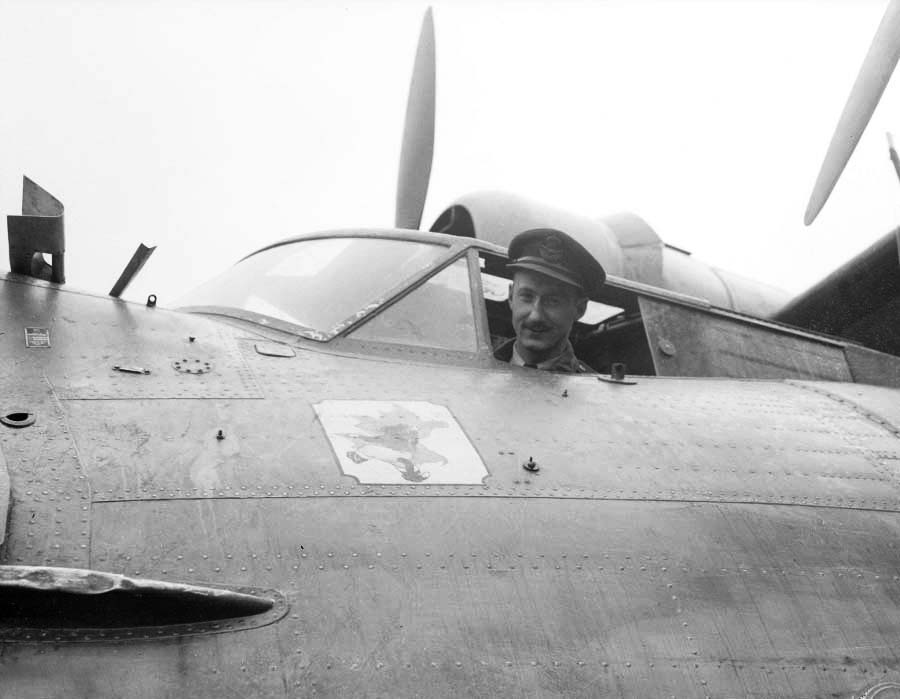The raid on Ceylon was another blow the British forces, two squadrons were rendered in operable and 43 vessels sunk, the Easter Sunday raids on Colombo and Trincomalee Harbour being the worst with the loss of the Hermes.
The RAF squadrons were caught with their pants down, they had no advance warning the radars were turned off for maintenance, forcing the hurricane pilots to climb up to meet ready zero fighters, if that wasn't enough all the hurricane had no tracer munitions as some tracer rounds exploded in heat so they were all using standard ball ammunition which made it very hard for RAF pilots properly see if they had even hitting the enemy.
But what if the radars had been turned on and the squadrons had been on full alert with CAP that day?
Could the RAF have prevented the loss of the Hermes and the other ships?
How high would the losses be for the Japanese raiders?
What would the effect of beating attack and winning?
The RAF squadrons were caught with their pants down, they had no advance warning the radars were turned off for maintenance, forcing the hurricane pilots to climb up to meet ready zero fighters, if that wasn't enough all the hurricane had no tracer munitions as some tracer rounds exploded in heat so they were all using standard ball ammunition which made it very hard for RAF pilots properly see if they had even hitting the enemy.
But what if the radars had been turned on and the squadrons had been on full alert with CAP that day?
Could the RAF have prevented the loss of the Hermes and the other ships?
How high would the losses be for the Japanese raiders?
What would the effect of beating attack and winning?
